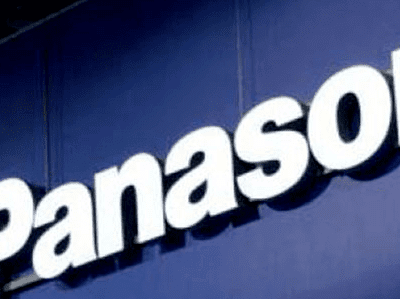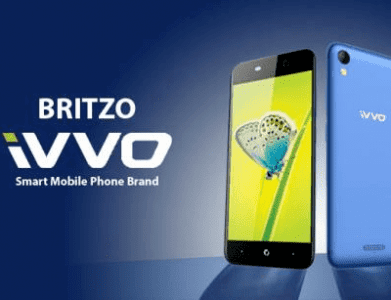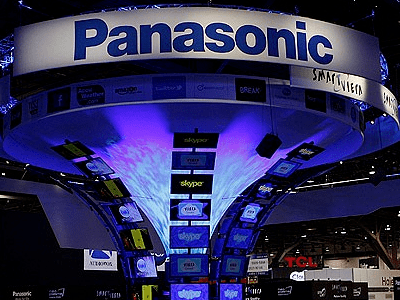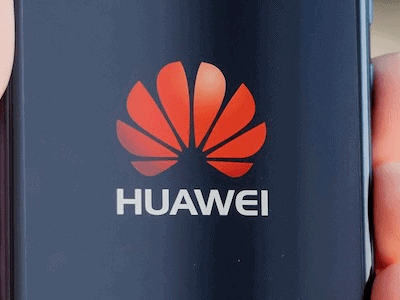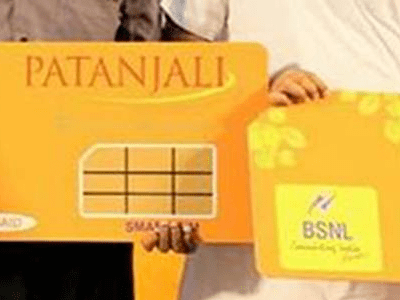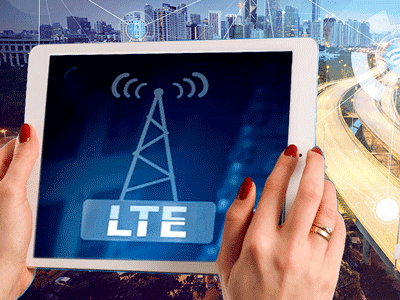Panasonic! Welcome back to the India smartphones market space
Share This Post
With contribution from Vishaal Bhatnagar, Associate Vice President, Marketing, Public Sector and New Initiatives
Panasonic launched P51, a 5 inch Android 4.2 Jelly Bean OS-based 1.2 GHZ quad-core smartphone (phablet) for INR 26,900 in India, yesterday. This formally marked the brand’s re-entry into the country’s mobile device market after five years. How the handset will perform and whether the company will be able to establish itself as a significant player in the country are questions we should be able to find answers to after observing the shipment numbers and user reviews over the next couple of quarters. So, I won’t attempt to pass judgment on that.
However, I have three observations to make:
1) Product: Surprisingly, Panasonic has relied on Mediatek for the chipset, a company that is not very well known for solutions in the smartphone category but is a very strong player in entry level feature phones. I am not sure how this is going to be received by prospective smartphone customers. Processor speed, smoothness in running multiple applications simultaneously, online gaming etc. are factors that determine brand perception for smartphone owners. In the case of the Panasonic P51, this can be truly judged only after the handset (and other new Panasonic smartphones) hit the market and gain a substantial user base. This process could well take 3-4 quarters to play out. But given the stiff competition from established players, it may be a good tactical move if the company were to appoint a limited number of carefully chosen, popular public figures as ‘Panasonic Smartphone Ambassadors’ to experience the new handset first hand. Over 3-4 months, these ambassadors could potentially become advocates for the iconic Japanese brand amongst India’s smartphone hungry youth population.
2) Price: Panasonic has priced its new offering at the entry level of the high-end, large screen size smartphone category of ‘phablets’. The Japanese vendor has tried to use pricing to position the product in this ‘elite’ category while at the same time tactically priced it lowest vis-à-vis competitor offerings from Samsung, Apple, BlackBerry, HTC, Sony Mobiles, Micromax and others. The apprehension I have here is whether this is sustainable? If Panasonic goes by this strategy of having a phone model for each category and offers it at the lowest price point that might not be a feasible business over an extended period of time. We believe an alternate strategy could be to offer a limited period introductory price, promote heavily through TV, radio and social media to build brand preference in the category and then go ‘mainstream’ with EMI-based purchase schemes, subsidized data plans et al.
3) Place: Panasonic has selected Jaina Marketing for promotion, distribution and customer support for its smartphones in India. Here too I have issues. Jaina Marketing has its own brand ‘Karbonn’ out in the India market and may find it challenging to promote both. Though unintentional, there could be an overlap in portfolio and conflict of interest amongst the trade and distribution channel partners. Panasonic’s consumer electronics arm already has an established network throughout the country. They could have exploited the same route for the smartphone category as well as they have only one handset model to sell and for a few more months I don’t see this number changing significantly.
Based on the above analysis, I feel Panasonic needs to re-strategize its entry into the India smartphones market. This fine tuning of approach and tactics should not be an issue for the Japanese major. After all, it’s not only about garnering 8% of the market share. It’s about a bringing to millions of potential India consumers a wholesome and infotainment-rich smartphone-enabled lifestyle.




